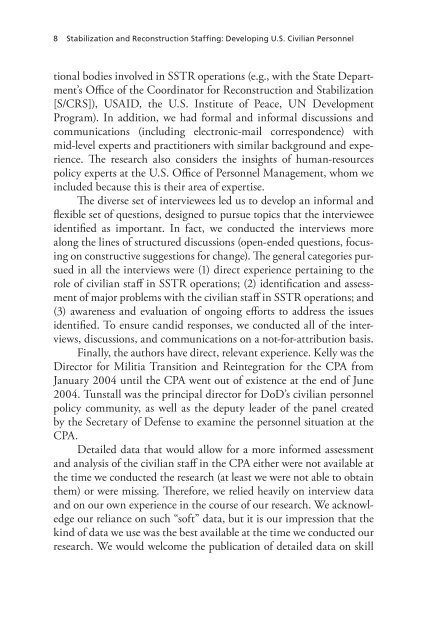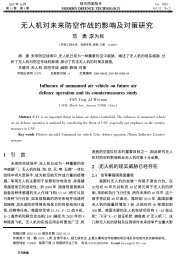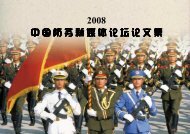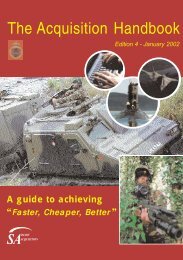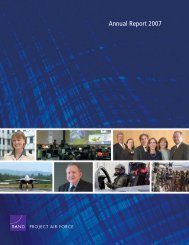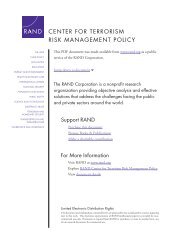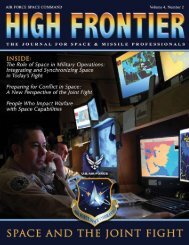Stabilization and Reconstruction Staffing - RAND Corporation
Stabilization and Reconstruction Staffing - RAND Corporation
Stabilization and Reconstruction Staffing - RAND Corporation
You also want an ePaper? Increase the reach of your titles
YUMPU automatically turns print PDFs into web optimized ePapers that Google loves.
8 <strong>Stabilization</strong> <strong>and</strong> <strong>Reconstruction</strong> <strong>Staffing</strong>: Developing U.S. Civilian Personneltional bodies involved in SSTR operations (e.g., with the State Department’sOffice of the Coordinator for <strong>Reconstruction</strong> <strong>and</strong> <strong>Stabilization</strong>[S/CRS]), USAID, the U.S. Institute of Peace, UN DevelopmentProgram). In addition, we had formal <strong>and</strong> informal discussions <strong>and</strong>communications (including electronic-mail correspondence) withmid-level experts <strong>and</strong> practitioners with similar background <strong>and</strong> experience.The research also considers the insights of human-resourcespolicy experts at the U.S. Office of Personnel Management, whom weincluded because this is their area of expertise.The diverse set of interviewees led us to develop an informal <strong>and</strong>flexible set of questions, designed to pursue topics that the intervieweeidentified as important. In fact, we conducted the interviews morealong the lines of structured discussions (open-ended questions, focusingon constructive suggestions for change). The general categories pursuedin all the interviews were (1) direct experience pertaining to therole of civilian staff in SSTR operations; (2) identification <strong>and</strong> assessmentof major problems with the civilian staff in SSTR operations; <strong>and</strong>(3) awareness <strong>and</strong> evaluation of ongoing efforts to address the issuesidentified. To ensure c<strong>and</strong>id responses, we conducted all of the interviews,discussions, <strong>and</strong> communications on a not-for-attribution basis.Finally, the authors have direct, relevant experience. Kelly was theDirector for Militia Transition <strong>and</strong> Reintegration for the CPA fromJanuary 2004 until the CPA went out of existence at the end of June2004. Tunstall was the principal director for DoD’s civilian personnelpolicy community, as well as the deputy leader of the panel createdby the Secretary of Defense to examine the personnel situation at theCPA.Detailed data that would allow for a more informed assessment<strong>and</strong> analysis of the civilian staff in the CPA either were not available atthe time we conducted the research (at least we were not able to obtainthem) or were missing. Therefore, we relied heavily on interview data<strong>and</strong> on our own experience in the course of our research. We acknowledgeour reliance on such “soft” data, but it is our impression that thekind of data we use was the best available at the time we conducted ourresearch. We would welcome the publication of detailed data on skill


